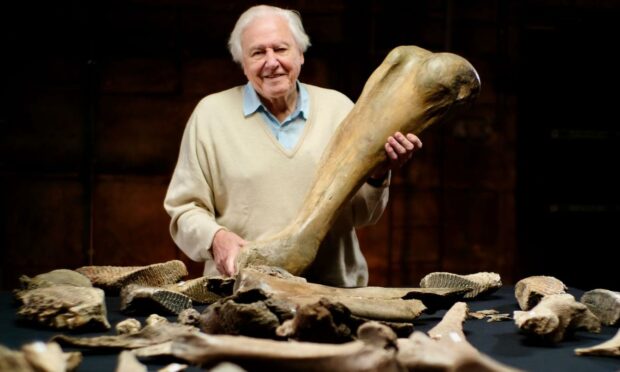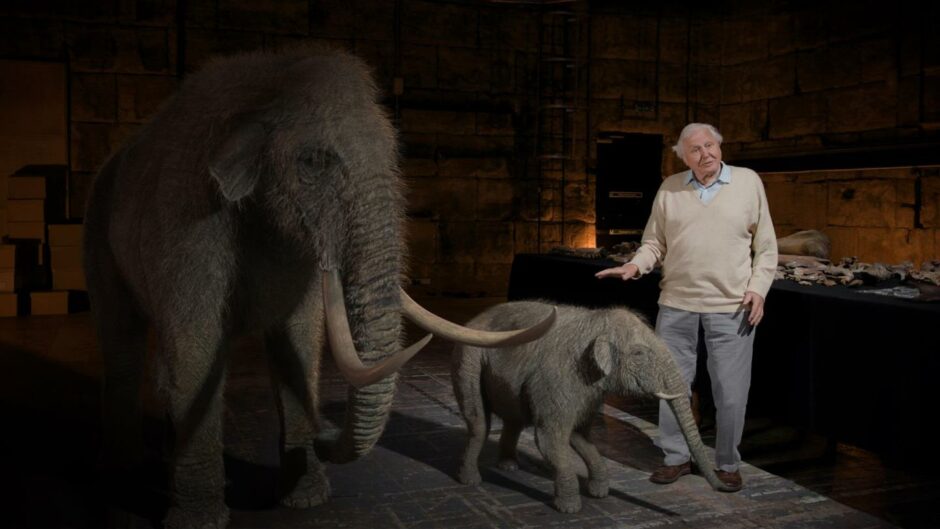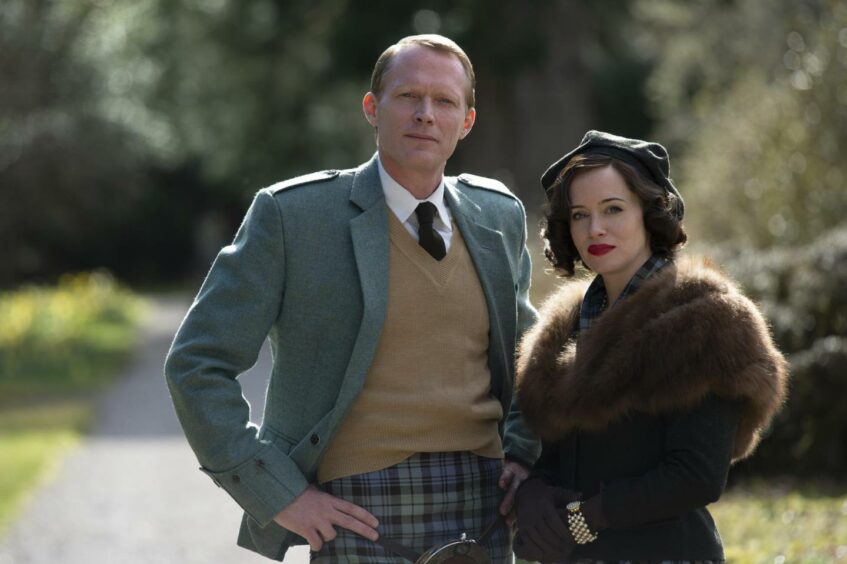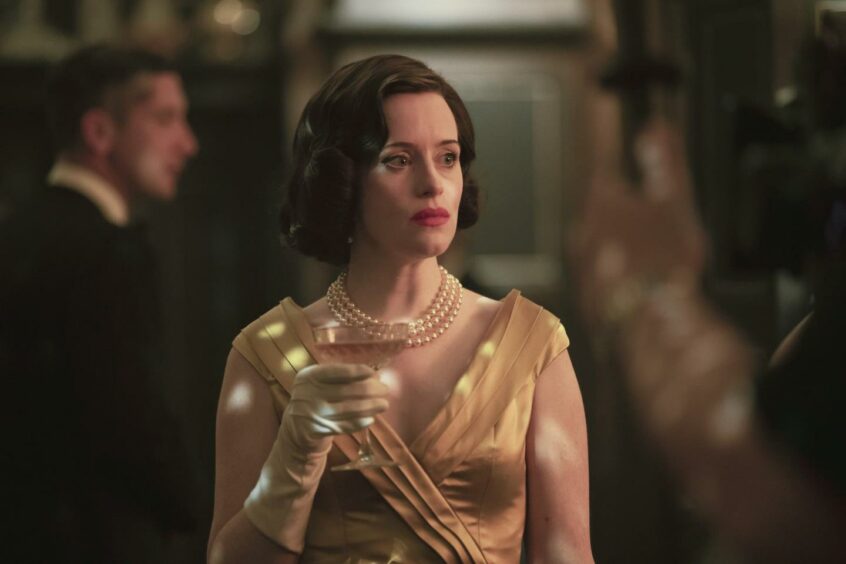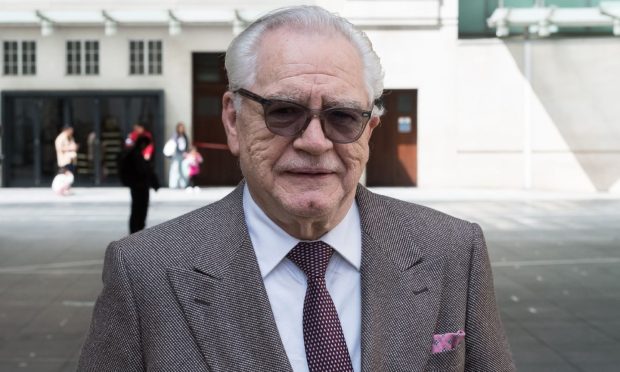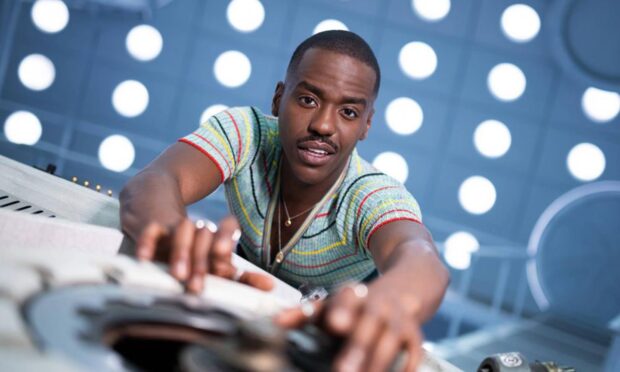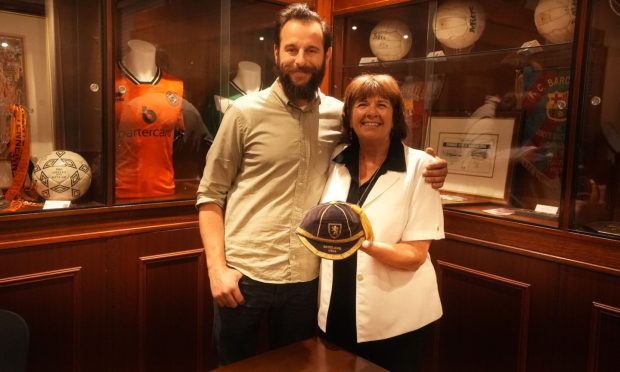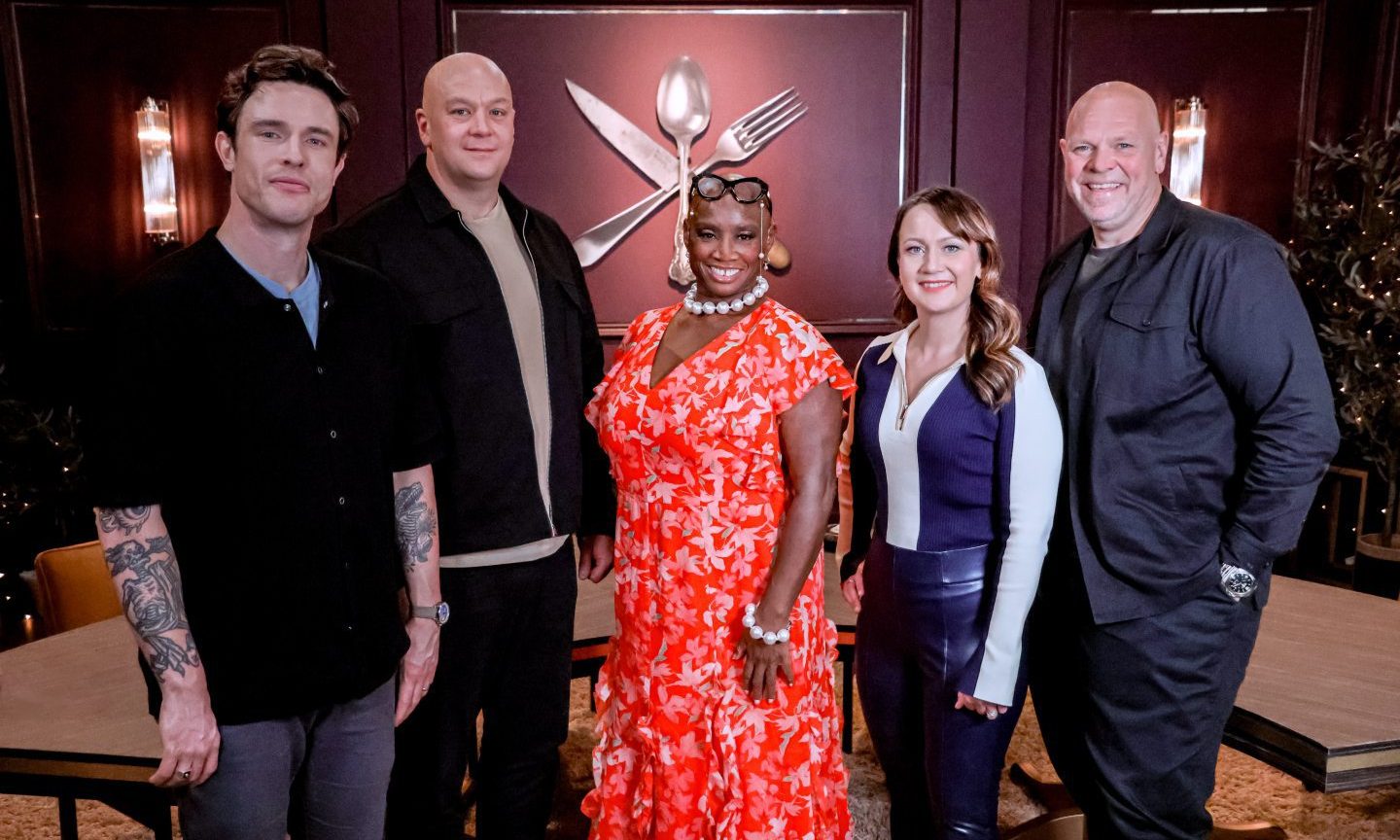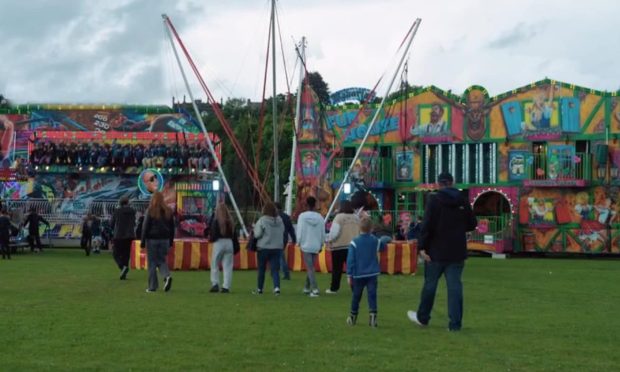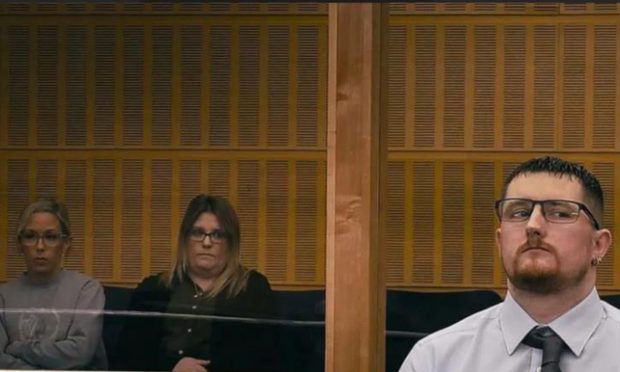In a field on the edge of the Cotswolds, a team of young archaeologists clustered round a noble ancient, a being with great insight into the times before any of them were born.
They were hoping that they might learn something about the history of our island from them.
Yes, there were magnificent mammoth bones in Attenborough and the Mammoth Graveyard (BBC One) this week, but let’s not let that detract from one of the natural wonders of the world we live in right now, David Attenborough himself.
A mind not dulled by age
At the frankly impressive age of 95, he may understandably be a little creakier, a little gummier in his delivery, but his ever-inquisitive nature shone through once more.
With mammoth bones discovered just north of Swindon, he guided us smoothly through the shifting of the continents and the migration of humans to ask whether our ancestors might have walked with these creatures thousands of years ago.
It was mind-expanding stuff.
The wonderful – and indeed very scandalous – first series of A Very English Scandal felt like a one-off, but this week saw the sequel arrive with all-different cast, creative team, storyline and title.
The cracklingly great first series was written by Russell T. Davies and directed by Stephen Frears.
It was adapted from John Preston’s book about the Jeremy Thorpe affair, involving the former leader of the Liberal Party, a homosexual affair and allegations of attempted murder.
Now known as A Very British Scandal (BBC One), writer Sarah Phelps and director Anne Sewitsky’s series dramatised the 1963 court case in which Margaret and Ian Campbell, the Duke and Duchess of Argyll, went through a bitter, public and very scandalous divorce.
Unlike the original, it was a slow-burn and quite innocuous affair at first, which took a while to get going.
Unlikeable, vain and over-privileged
In fact, Claire Foy’s Duchess and Paul Bettany’s Duke appeared to be in competition to see who could show up as the least likeable, most vainly grasping bastion of over-privilege going.
He was obviously down-on-his-luck, in aristocratic terms.
He was also after her inheritance to fund his hair-brained, shipwreck salvaging schemes; a man with drink, amphetamine and temper problems, verbally and eventually physically abusive.
A trophy husband
She seemed to desire a trophy husband, and was so determined to keep him that she’d even concoct an elaborate lie about his sons not being his in order to do so.
Bettany and Foy were typically excellent, the latter rather disconcertingly bringing regal echoes of her most famous role as the current monarch to this tale of sexual scandal.
Yet the purpose of the drama – beyond creating a portrait of beautiful wealthy people swathed in Queen’s Gambit-esque glamour, who happen to be miserable inside – only really came together in the third and final episode.
This was when the media and society ganged up on the Duchess to shame her into defeat.
Every accusation levelled at her, it turned out, was true… but being a man permitted only her husband the benefit of the doubt.
As for the series renaming, it can only be presumed the original wouldn’t have worked with the almost entirely Scottish setting, even though the cast’s accents suggested we were in the Home Counties throughout.
